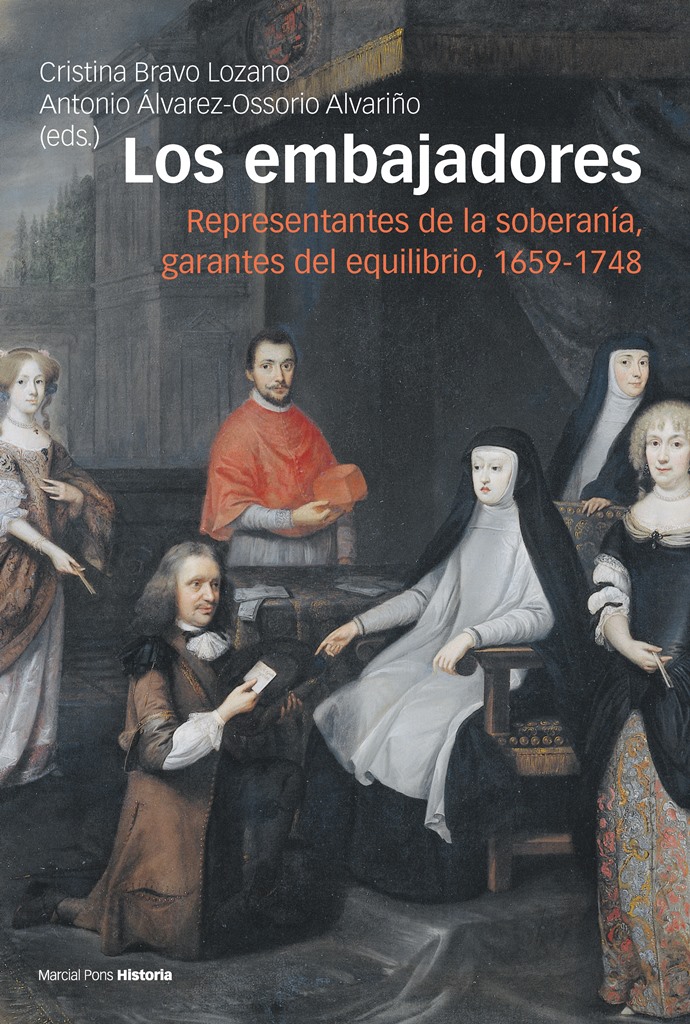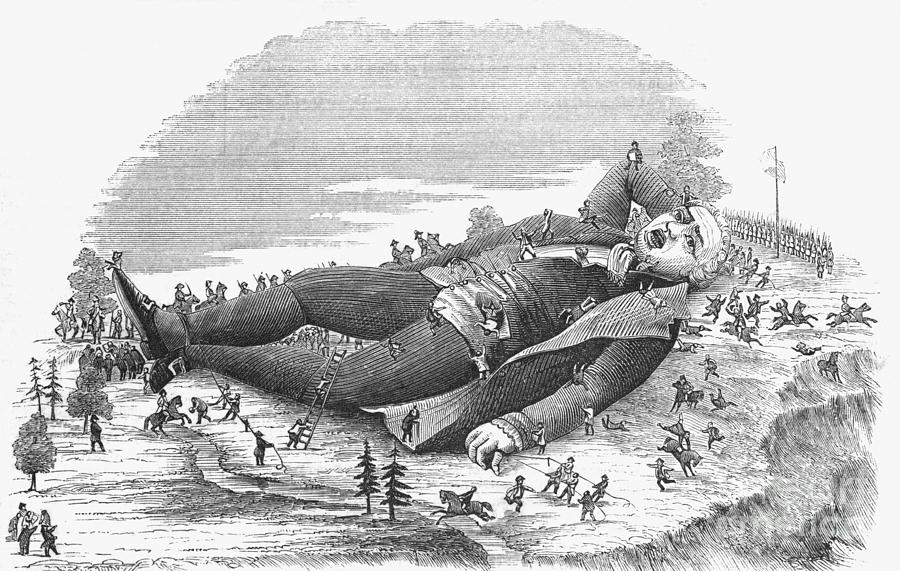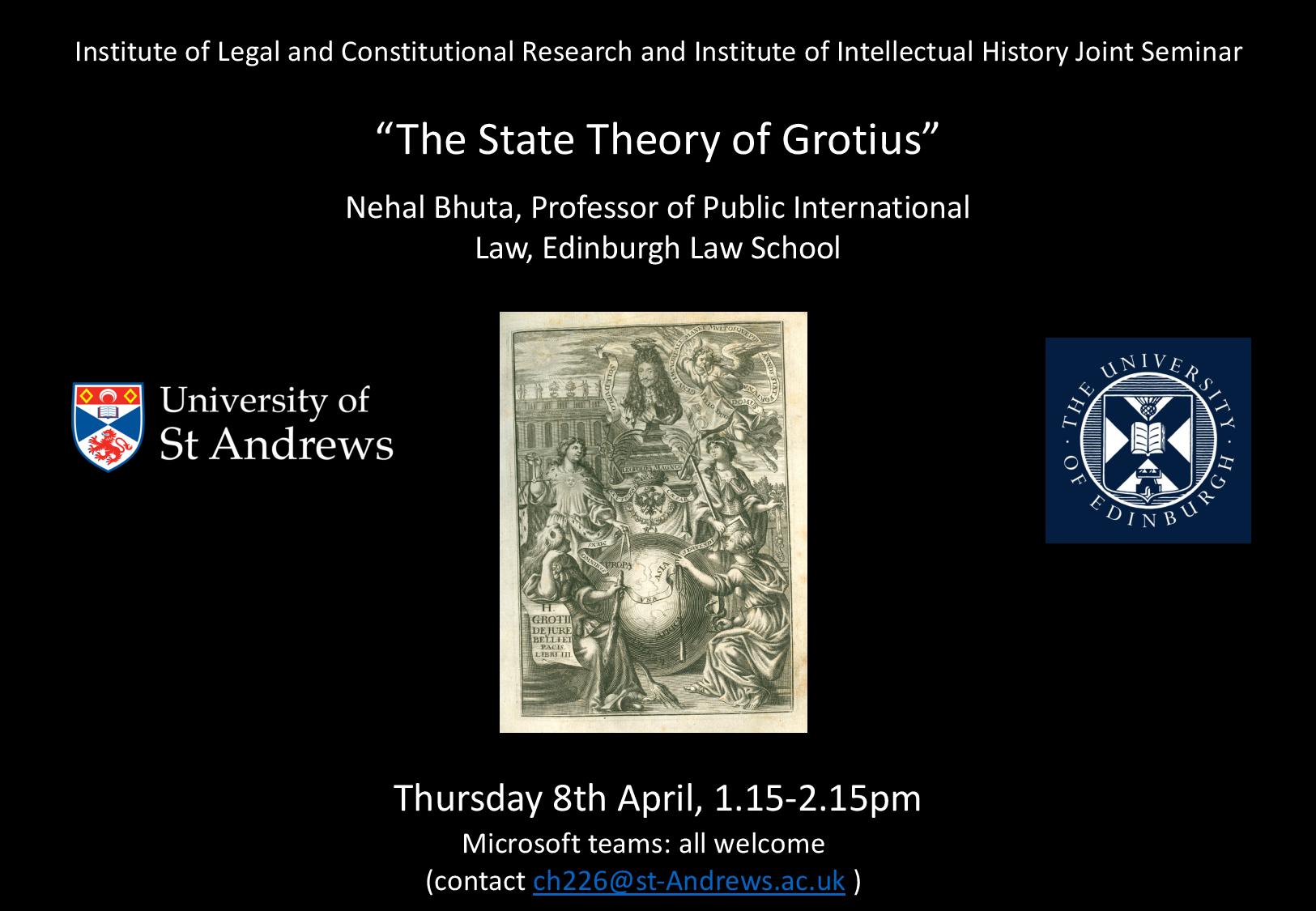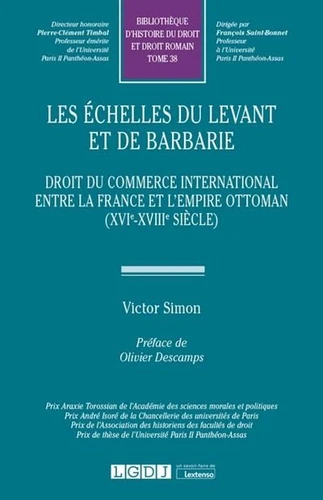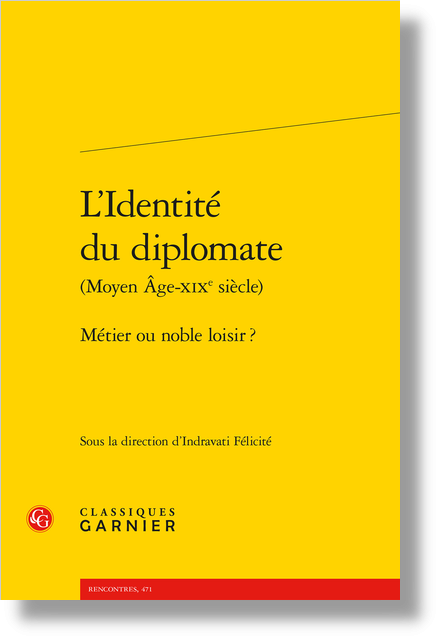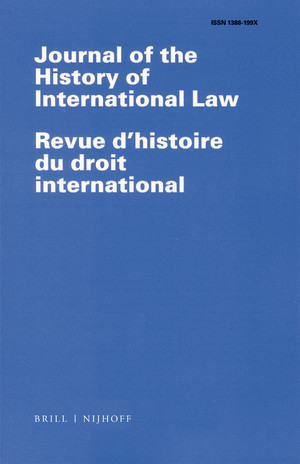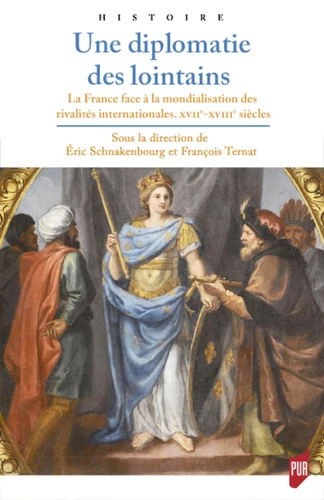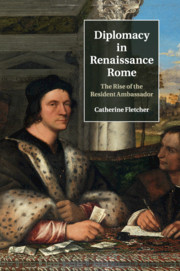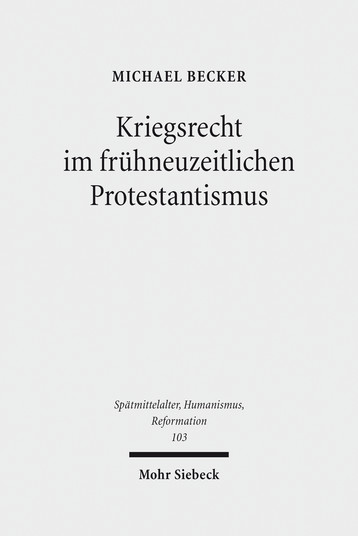La figura del embajador es considerada una de las más destacadas en la cultura cortesana en la Edad Moderna. Los estudios sobre la diplomacia vienen experimentado un notable dinamismo en las últimas décadas. Trascendiendo su práctica negociadora, el papel ejercido por estos legados se dirigió hacia la representación de la soberanía y los intereses de príncipes, repúblicas e, incluso, corporaciones provinciales, y a la búsqueda del mantenimiento de hegemonías en nombre de un supuesto equilibrio entre potencias. Desde distintas perspectivas, tomando como ámbito de referencia la monarquía de España, esta obra aborda la singularidad de tan polifacético ministro para arrojar luz sobre su protagonismo en la transformación de Europa y su proyección en otros continentes durante la transición de los siglos XVII y XVIII. A lo largo de sus contribuciones se destacarán su «cursus honorum» y la instrumentalización del rango como plataforma de ascenso político y social, los valores, virtudes y obligaciones inherentes en el cargo, las estrategias y desempeño de sus funciones ordinarias en las embajadas y las esferas palatinas —con particular énfasis en la mediación de reinas y damas de la corte—, la contribución de sus gestiones en el restablecimiento de la paz en el marco sucesorio, la dimensión cultural y las vías formales e informales de autorrepresentación.
Table of contents:
Introducción, Cristina Bravo Lozano y Antonio Álvarez-Ossorio Alvariño.-I. EL CURSUS HONORUM DIPLOMÁTICO, ¿PROFESIONALIZACIÓN DEL ETHOS O MEDIO DE ASCENSO POLÍTICO?-Diplomático y publicista: François-Paul de Lisola en la corte de Madrid (1665-1666), Charles-Édouard Levillain.-De conductor de embajadores a privado: Fernando de Valenzuela y las redes diplomáticas en la corte de Mariana de Austria, Antonio Álvarez-Ossorio Alvariño.-Viena-Madrid-Hungría: la mediación de los embajadores en las concesiones de la Orden del Toisón en el siglo XVII , Tibor Martí.-La embajada española del conde de Lobkowicz: de enviado extraordinario a embajador ordinario en la corte de Madrid (1689-1691), Michaela Buriánková.-El embajador de Luis XIV en la corte de Madrid, ¿un ideal del servicio al rey?, Guillaume Hanotin.-Los representantes de la nación francesa en Madrid: diplomacia, comercio y corporaciones nacionales (1709-1721), Carlos Infantes Buil.-II. NEGOCIANDO LA SUCESIÓN, BUSCANDO EL EQUILIBRIO.-Tres perfiles políticos, tres realidades sociales, Lucien Bély.-Un diplomático comprometido y controvertido: Louis-Toussaint de Brancas-Céreste, embajador francés en España (1713 y 1714), según la correspondencia entre Luis XIV y Felipe V, José Manuel de Bernardo Ares.-Embajadores y damas de la corte. La construcción de una red de poder internacional entre Madrid, París y Turín en la transición de finales del Seiscientos, Elena Riva.-El cardenal Francesco Acquaviva d’Aragona, ministro de Felipe V en Roma, Virginia León Sanz.-Un nuevo peso en la balanza: la incorporación de Rusia a la negociación del sistema del equilibrio europeo (1717-1721), Núria Sallés Vilaseca.-Los embajadores de la reina. Isabel de Farnesio y el gobierno de las Dos Sicilias, Pablo Vázquez Gestal.-III. SOBERANOS Y CORPORACIONES. LA DIPLOMACIA PROVINCIAL.-Representación y negociación. Agencias y embajadores provinciales de los parlamentos vascos en el Madrid del Seiscientos, Alberto Angulo Morales.-El reconocimiento político de una nueva institución: los representantes del Brazo Militar de Cataluña en la corte (1660-1714), Eduard Martí-Fraga.-Defender el Stato, promocionar al patriciado. La diplomacia provincial lombarda en las cortes de los Habsburgo durante la guerra de Sucesión (1706-1714), Roberto Quirós Rosado.-IV. RETÓRICA VISUAL Y CULTURA ESCRITA. LA AUTORREPRESENTACIÓN DEL EMBAJADOR BARROCO.-La diplomacia imaginada. Pinturas de negociadores en el siglo XVII, Diana Carrió-Invernizzi.-Retórica visual y persuasión política. La representación del embajador barroco: el caso del obispo Luis Crespí y Borja, Álvaro Pascual Chenel.-La aguda pluma del embajador. Ingenio y cultura política en la correspondencia entre los ministros españoles en Londres y La Haya (1675-1699), Cristina Bravo Lozano.-«Peregrino en su patria, va a peregrinar a las extrañas». La memoria del yo en la embajada del conde de Assumar ante el archiduque Carlos (1705-1713), David Martín Marcos.-Relación de autores.
(more information here)

